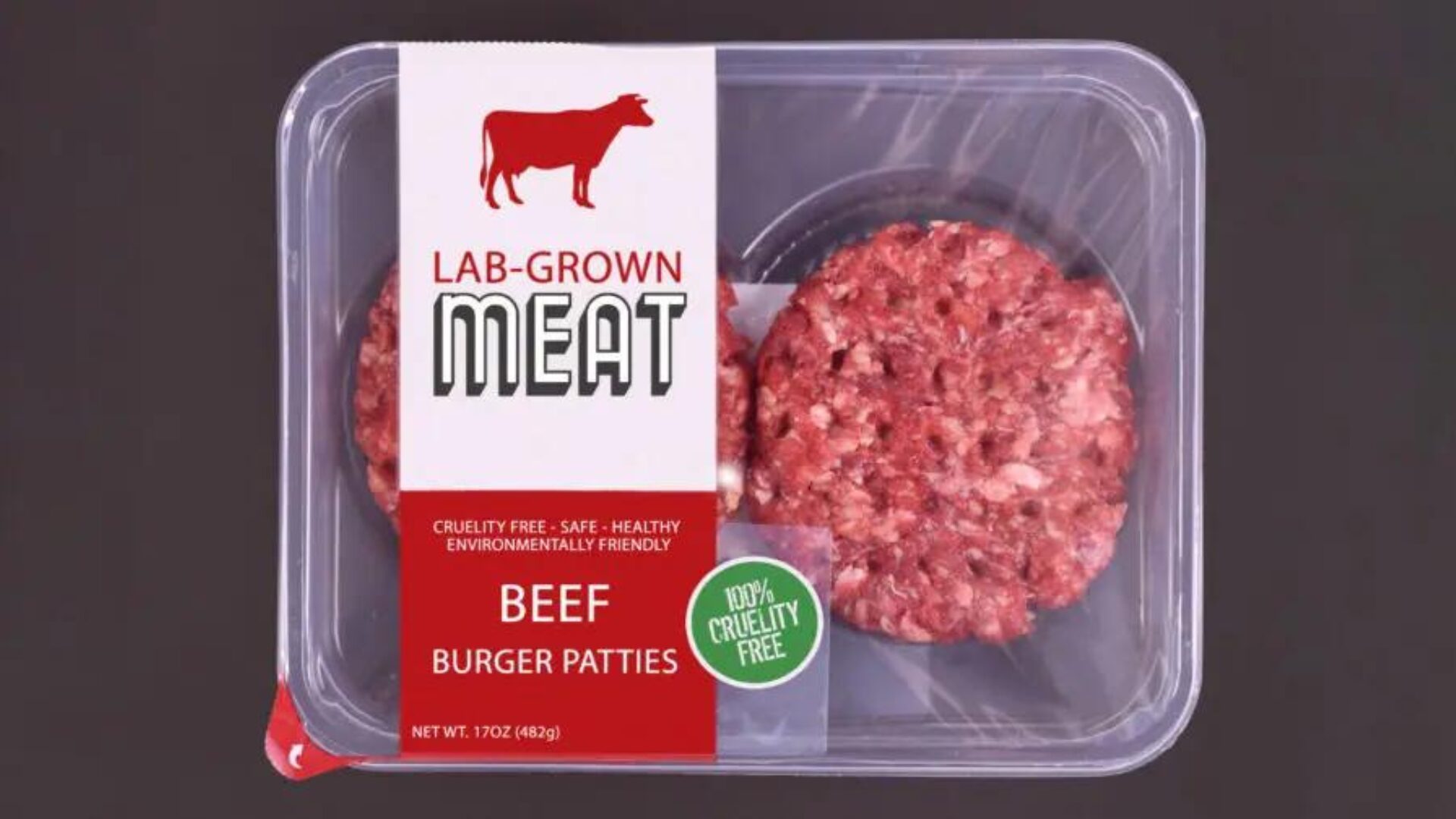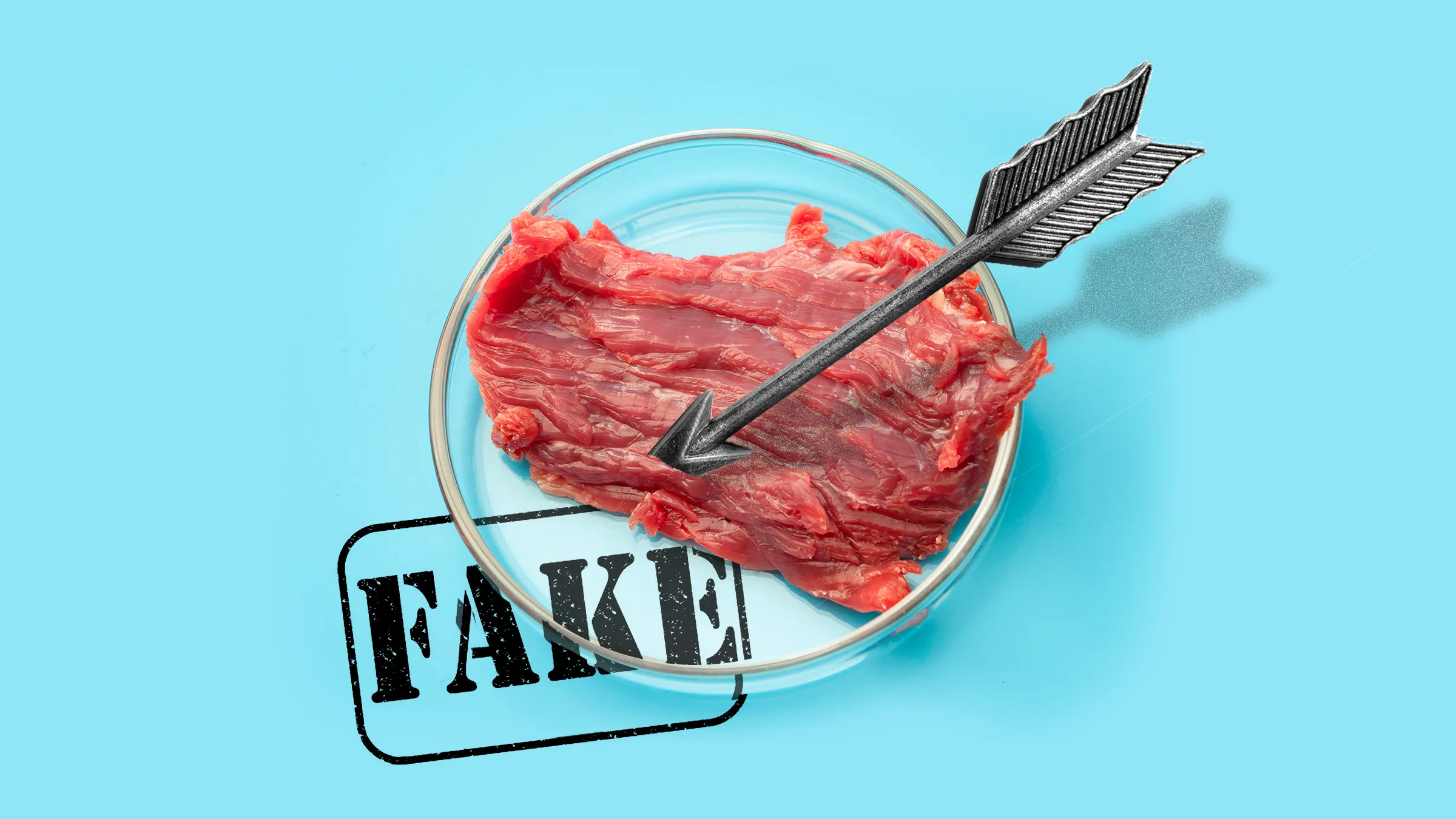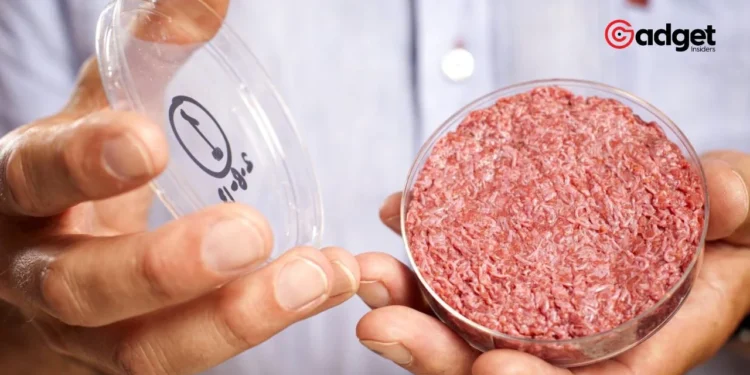Florida Governor Ron DeSantis recently enacted a controversial bill that places a stringent ban on the manufacturing and sale of lab-grown, or cultivated, meat within the state. This legislation echoes similar actions taken in Alabama, Arizona, and Tennessee, sparking a debate on the future of food technology and its implications on traditional industries.
Gov. DeSantis justified the move by positioning it as a defense against “the global elite’s plan” to replace conventional meat sources with bio-engineered alternatives, suggesting a cultural and economic stand rather than a purely health-oriented concern. “We will save our beef,” declared DeSantis, hinting at a deeper fear of losing a traditional food source to modern technology.

Economic Impacts and Global Competitiveness
The ban has drawn sharp criticism from within the biotech sector, particularly from entities that have been pioneering in the cultivated meat space.
Companies like Eat Just Inc. and Upside Foods, which have been at the forefront of developing lab-grown chicken, argue that such legislative moves not only stifle domestic innovation but could also impact the United States’ position as a leader in the global alternative proteins market.
Tom Rossmeissl from Eat Just Inc. expressed concerns about losing a competitive edge, emphasizing, “The United States has a tremendous lead in terms of alternative proteins right now… But this kind of political rhetoric and these laws put that in jeopardy.”
Similarly, Upside Foods highlighted the risk such bans pose to the resilience of local supply chains and the broader biotechnological sector, potentially allowing countries like China, which have included the technology in national agricultural plans, to outpace the U.S. in this burgeoning industry.
BREAKING: Governor Ron DeSantis signs legislation to ban lab-grown meat in Florida. pic.twitter.com/BW9ldqzlme
— The General (@GeneralMCNews) May 1, 2024
Florida: The Environmental and Health Debate
Supporters of cultivated meat argue that it offers a sustainable solution to future food shortages and reduces the environmental footprint associated with traditional livestock farming.
The process involves growing meat from animal cells in controlled environments, which drastically cuts down on the land use, water consumption, and greenhouse gas emissions typically associated with cattle farming.
However, opponents, including Dean Black, a cattle rancher and supporter of the bill, raise concerns about national security and the nutritional equivalence of lab-grown meat to its traditional counterpart. Black pointed out potential vulnerabilities such as the concentration of protein production in fewer, potentially targetable locations.

A Pre-emptive Move Against an Emerging Industry
Critics of the ban argue that it is premature and discriminative, echoing the sentiments of Paul Shapiro, CEO of The Better Meat Co., who likened it to “banning video streaming to try to protect Blockbuster video stores.”
Shapiro and other advocates suggest that while cultivated meat is not yet a direct competitor price-wise to traditional meat, it represents a forward-looking solution that could democratize food production and improve food security.
Despite assurances from federal regulators about the safety of lab-grown meat, skeptics like Justin Tupper, president of the United States Cattlemen’s Association, maintain reservations. They argue that potential unknowns regarding the health impacts of consuming cultivated meat warrant caution.

The Cultural Divide
Ultimately, the debate over lab-grown meat in Florida reflects broader cultural and economic tensions. As Rossmeissl from Eat Just Inc. pointed out, “This isn’t about safety. This is a culture war.”
This sentiment highlights the clash between traditional agricultural practices and modern biotechnological advancements, where each side views the other as either a threat to heritage or a barrier to progress.
As this legislation unfolds, it will be pivotal to monitor its impacts on both the local economy and the broader biotechnological landscape. Whether this move by Florida will safeguard traditional practices or hinder a potentially revolutionary food technology remains to be seen.









